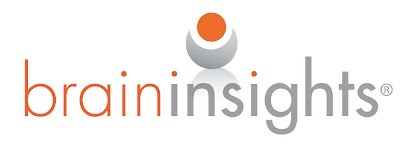This post is a bit different than most of the insights shared here. This one is written to share and express feelings, thoughts and dreams due to the school shooting in CT. It is the result of having a conversation last night with Debi Schwid, a wonderful friend, combined with the expression of care and concern being shared by people everywhere. This is a post to ask important questions.....
The shooting at Sandy Hook Elementary in CT was (ANOTHER) horrible and extremely heart breaking event for our country. When horrific and tragic events such as these occur they evoke a variety of overwhelming emotions including disbelief, anger, heartbreak, and intense grief.
These events also create an outpouring of incredible love, compassion, a sense of community and a very strong connectedness. It is my dream that instead of only coming together when horrible horrific events happen this would be felt every day!
What if...... we hold the memory of the innocent and beautiful children and these heroic adults in our hearts every day.... and have their lives serve as a reminder to use the feelings of togetherness we feel today to continue an ongoing connection with one another?
What if..... we value and cherish every moment of the lives of every child?
What if..... we recognize the dedicated, caring educators and the other numerous committed professionals who are doing heroic acts to make a positive difference for children every day?
What if.... we better recognize and support those who are suffering as an open-minded and caring community?
What if.... we just continuously and warmly hold in our hearts the feelings of coming together... rather then only when a tragedy occurs?
What if.... we felt this wonderful sense of connection with each other
.....EVERY DAY?
With heartfelt thanks to everyone that is making a positive difference in meaningful ways every day!
Sincerely,
Deborah



































